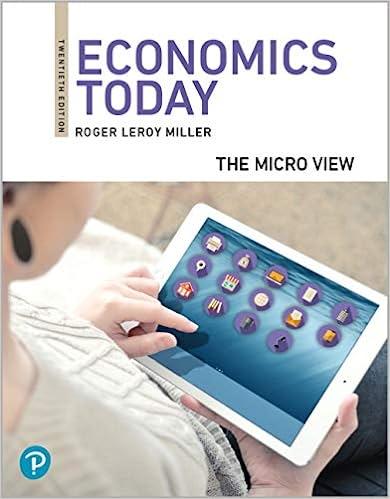If you did a survey in your economics class, not all students would agree with the statement
Question:
If you did a survey in your economics class, not all students would agree with the statement “I am rational.” To show that the rationality assumption is accurate nonetheless, an increasing number of economists are doing the same kinds of experiments that are used in the physical sciences. One researcher, David M. Grether, ran some experiments at the University of California at Los Angeles in the early 1980s. One experiment involved separating students as volunteers into two groups. One group was paid the same, $7, no matter how it performed. The second group was paid less for poor performance and more for better performance. This group was paid either $5 or $25, depending on the level of performance. Performance was measured by how well students were able to pick gambles that had the greatest probability of winning. Students had to do some relatively complicated math calculations to make the best guess.
The results were consistent with the rationality assumption. One-third of the students in the group that was paid regardless of performance picked all of the gambles correctly. In the second group, for which performance was distinctly rewarded, two-thirds of the students had no errors in making their calculations. Does the experiment prove that economics students are rational? Why or why not?
Step by Step Answer:






